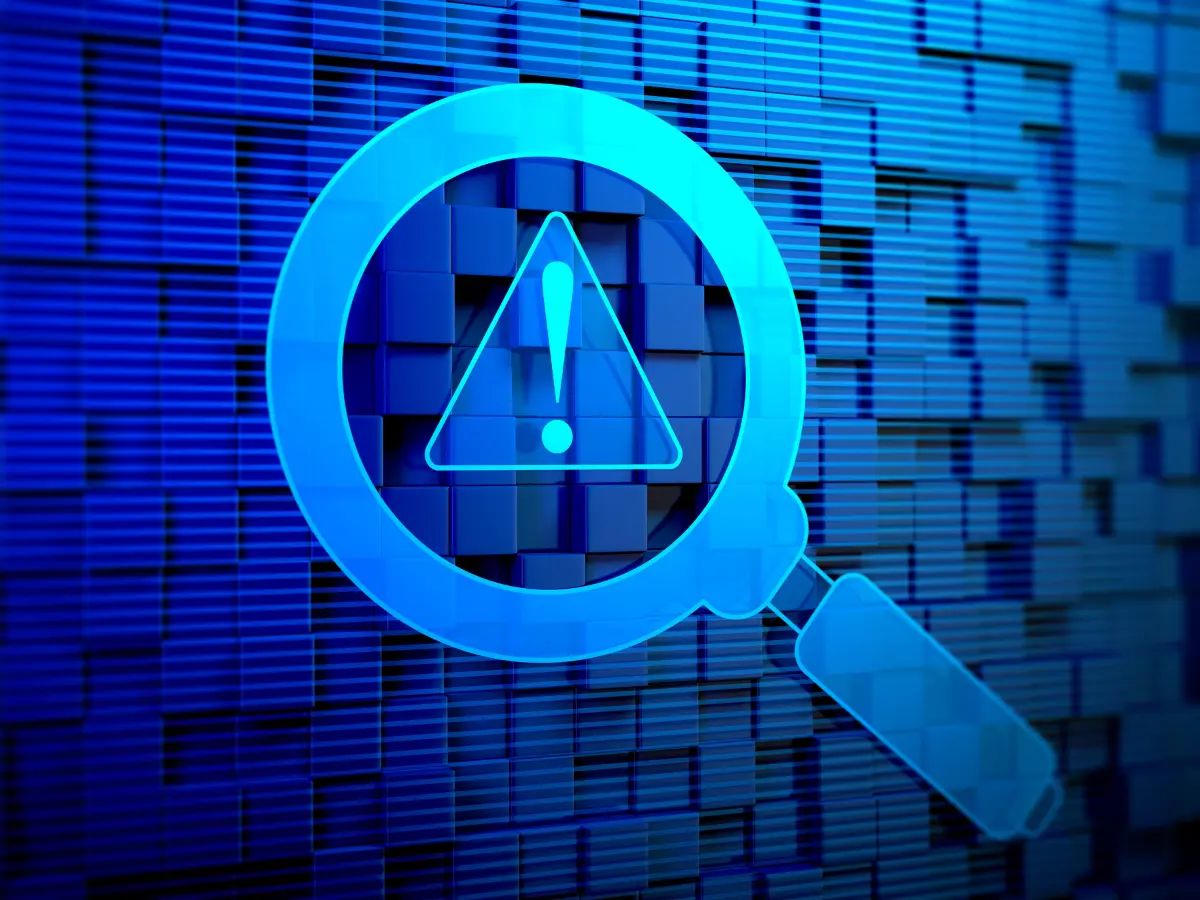If you’re reading this, it means you’ve seen the headlines or maybe even experienced it firsthand. Kenya cyber attacks are on the rise. And not just minor ones. We’re talking about large-scale, targeted attacks that threaten banks, government agencies, telcos, hospitals, and even the everyday smartphone user.
The digital revolution is transforming Kenya at lightning speed. But with every leap forward comes a new vulnerability. And right now, cybercriminals are capitalizing on those vulnerabilities faster than many organizations can keep up.
So, what’s really going on and what can be done about it? Let’s break it down.
And if you’re a business or organization operating in Kenya, there’s never been a more urgent time to make sure your data protection practices are up to standard. Not sure where to start? Here’s how to ensure data protection compliance in Kenya, because staying secure isn’t just about technology, it’s also about being compliant with the law.
Kenya’s Digital Growth
Kenya is often hailed as a tech leader in Africa. From the revolutionary M-Pesa mobile money platform to the booming startup scene in Nairobi’s “Silicon Savannah,” digital innovation has become the heartbeat of the economy.
But here’s the flip side: the more connected we become, the more we expose ourselves to digital threats. And cybercriminals are watching.
According to recent reports, Kenya experienced over 860 million cyber threat events in a single year. That’s not just a number, it’s a wake-up call. From ransomware and phishing scams to Distributed Denial-of-Service (DDoS) attacks and data breaches, the scale and complexity of attacks are evolving rapidly.
Who is Being Targeted?
There is no safe place in the digital battlefield and Kenya’s recent cyber attacks have made that painfully clear. These threats aren’t just hitting “big tech” or obscure back-end systems.
They’re striking at the very heart of how society functions, affecting both institutions and individuals. Now more than ever, understanding Kenya’s Data Protection Law is key to staying secure and compliant in this evolving digital landscape.

1. Government Agencies
Kenya cyber attacks have increasingly targeted government departments, especially those managing national security, immigration, and citizen data, and have been high on the target list. That is because breaching a ministry’s server doesn’t just reveal sensitive information, it creates public chaos.
For example, in June 2024, a ransomware attack shut down key government services, stalling visa applications, ID processing, and business permit issuance. The hackers demanded a ransom in cryptocurrency, underlining how organized and bold these cybercriminals have become.
2. Financial Institutions
Kenya cyber attacks have increasingly targeted banks and fintech platforms due to the volume of financial transactions and sensitive customer data they handle. Attacks here aren’t just about theft, it is about eroding trust. A single breach can lead to millions in losses and weeks of recovery.
Kenyan financial entities, especially those still developing their cybersecurity protocols, are often seen as low-hanging fruit for cybercriminals looking to steal funds or customer identities.
3. Education and Health Sectors
These sectors are among the hardest hit by Kenya cyber attacks, largely due to chronic underfunding in cybersecurity. Many schools and hospitals use outdated systems, making them vulnerable to data breaches, system hijacks, or malware infections. In the health sector, this could mean patients’ personal health records being leaked or sold on the dark web.
4. Ordinary Citizens
Perhaps most disturbing about the rise in Kenya cyber attacks is how everyday citizens are becoming the main target. From phishing emails and WhatsApp scams, to fake mobile loan apps and SIM swap fraud, cybercriminals are increasingly targeting regular users.
Many people are lured into clicking malicious links, installing spyware, or unknowingly giving away their personal information, all of which can lead to identity theft, bank account access, or blackmail.
Steps Every Kenyan Should Take to Prevent Cyber Attacks
This fight against Kenya cyber attacks isn’t just the responsibility of IT departments or government agencies, it involves all of us. Whether you’re a business owner, startup founder, student, civil servant, or digital enthusiast, you have a role to play in strengthening our collective cyber defenses.
Here’s how Kenya can start fighting back:
1. Cybersecurity Awareness Must Go Mainstream
We need to normalize conversations around cybersecurity, because the rise in Kenya cyber attacks shows that digital threats are no longer just a tech issue; they’re a national issue. From data leaks to ransomware, the average Kenyan is more vulnerable than ever.
That’s why awareness must go beyond boardrooms and IT offices. Workshops, webinars, school programs, and even TikTok videos can play a powerful role in helping everyday people understand how to stay safe online. Think of it this way: if you know how to avoid being robbed in real life, you should also know how to avoid getting scammed or hacked in the digital world.
2. Stronger Public-Private Partnerships
The government can’t fight Kenya cyber attacks alone. To truly strengthen the nation’s digital defenses, collaboration is key. Private tech companies, internet service providers, telcos, and cybersecurity firms must work hand-in-hand with regulators to share real-time threat intelligence, identify vulnerabilities, and respond swiftly to breaches.
By building a unified front, where public and private sectors actively exchange data and best practices, Kenya can create a stronger, smarter cybersecurity ecosystem capable of detecting and neutralizing threats before they spiral out of control.
3. Mandatory Cyber Hygiene Training in Organizations
In the wake of rising Kenya cyber attacks, cybersecurity can no longer be treated as just an IT issue, it’s a company-wide priority. Cyber hygiene training shouldn’t be a once-a-year checkbox exercise. It needs to be an ongoing, practical part of every organization’s culture.

From onboarding new hires to weekly team syncs and quarterly audits, cybersecurity best practices should be regularly reinforced. This includes teaching employees how to spot phishing emails, create strong passwords, manage device security, and report suspicious activity quickly.
Why does this matter? Because many cyber breaches don’t start with high-tech hacking, they start with one careless click. Whether you’re a startup, a fintech company, or a government office, making cyber hygiene a daily habit is one of the most effective defenses against the growing wave of cyber attacks in Kenya.
Want to equip your team with the right skills to stay protected?
Enroll in Johan Consults’ hands-on cybersecurity training to build a security-first culture in your organization and stay one step ahead of threats.
4. Invest in Cybersecurity Talent
To effectively fight back against the growing threat of Kenya cyber attacks, we need more than just firewalls and software patches, we need people. Skilled people. That means investing in ethical hackers, forensic analysts, incident responders, and cybersecurity educators. Universities, polytechnics, and tech hubs across Kenya must collaborate to create a sustainable pipeline of local cyber talent.
From offering specialized cybersecurity courses to launching hackathons and internship programs, this collaboration can help equip the next generation of professionals to protect Kenya’s digital infrastructure before, during, and after a cyber incident.
5. Enforce and Update Cyber Laws
Lastly, Kenya has strong cybersecurity laws on paper, but the recent wave of Kenya cyber attacks has exposed a critical gap between legislation and enforcement. Lawmakers and enforcers must do more than just create frameworks like the Computer Misuse and Cybercrimes Act, they need to actively apply and regularly update them.
Cybercrime is constantly evolving, attackers are getting smarter, faster, and more coordinated. To stay ahead, Kenya must not only enforce its laws more rigorously but also review and modernize them frequently to match the sophistication of today’s threats. Otherwise, we risk falling behind while cybercriminals move ahead.
In light of these challenges, many organizations are turning to trusted security partners for support. If you’re looking to strengthen your defenses, here are the 8 Best Cybersecurity Firms in Kenya helping businesses stay one step ahead of digital threats.
Kenya Cybersecurity Tips for Individuals and Businesses
Even if you’re not running a company, you can still take steps to protect yourself:
- Use strong, unique passwords (and a password manager).
- Enable two-factor authentication on all major accounts.
- Avoid clicking on suspicious links, even if they seem to come from friends.
- Keep your software and apps updated regularly.
- Be cautious with public Wi-Fi; use a VPN if necessary.
Final Thoughts
The increase in Kenya cyber attacks is not just a technical problem, it’s a national security issue, an economic threat, and a societal challenge. But with the right mindset, tools, partnerships, and action, Kenya can lead not just in innovation, but in cyber resilience too.
So, let this be the wake-up call that sparks a new era of digital defense in Kenya. Right now the question is no longer whether someone will attack your system, it’s when. The real question is: will you be ready?
That’s where trusted partners come in. Organizations like Johan Consults are helping businesses and institutions in Kenya assess vulnerabilities, strengthen defenses, and build long-term cybersecurity strategies. If you’re looking to get ahead of the threat, now’s the time to act.









